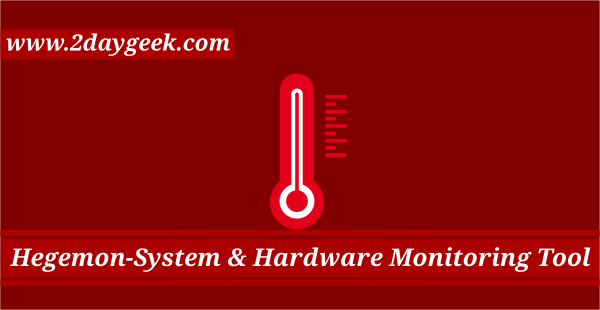

Othar than our Oracle database having to wait on the disk a lot. But when I specify three partitions manually, it shows up with an exclamation point rather than a slash.Įverything seems to be working okay. Interestingly enough, there were no exclamation points when running "df" using the logical volumes. Same errors about not having write access as before. Set up a swap partition, set up a /boot partition and a / partition. Next, I went back and specified my three partitions like I initially did. No complaints about not having write access. You know, the logical volumes or what not. Next, I installed using the default partitions and did not edit them. I had to boot from CD using "linux rescue", disable fsck by adding a "0 0" at the end of the line in fstab and also disable SELinux. I got errors booting up about it not having write access to the root partition. When I first installed Fedora, I manually set up partitions using three filesystems. What is that exclamation point doing in /dev/cciss!/c0d0p3? Many thanks.Filesystem 1K-blocks Used Available Use% Mounted on How do I (with maximum safety and minimum risk of screw up get my 240 kernel updated to include the right kmod? (which I assume is no longer el8_2.)? This is a PRODUCTION server I'm trying to finesse any help would be appreciated. I see this is due to the dracut bug, but I'm running 8_3.4.x86_64 and though the bug had been fixed! Now examinging my folders on the 240 kernel there is no megaraid-sas under weak updates.
#CENTOS HP CCISS UPDATE#
however when I did a kernel update to 4.18.0.240 and rebooted, the megaraid-sas driver was not installed so no hard drive on boot. examining the lib/modules/weak-updates folder I see megaraid-sas as it should be. Trying to (safely) fix my problem - I installed Centos 8.2 (4.18.0.193) on a dell with H700 LSI controller with the extra megaraid-sas driver on usb stuck. There is an excellent blog post written by Arrfab. If you have switched to the centosplus kernel ( kernel-plus) while on 8.0, you may want to uninstall the kmod package and no further action is required when updating to 8.1. el8_1 version for the system to boot the 8.1 kernel. When updating the OS from 8.0 to 8.1, ELRepo's kmod packages must be updated to their.
#CENTOS HP CCISS PATCH#
8_0.1 released on has the patch that fixes the issue.

#CENTOS HP CCISS INSTALL#
Install this version of dracut and then update the kernel. See the below.)Īs an interim solution for the problem in (2), we provide a dracut package with a patch that fixes the bug here: As a result, the new kernel fails to boot. However, it was found that the current version of dracut in RHEL 8.0 has a bug and the initramfs image of a new kernel does not contain the kernel module from the installed kmod package. Normally, because of the kABI-tracking nature of kmod, there is no need to reinstall the driver upon each new kernel update. (2) The installation process installs the kmod package for your adapter.
#CENTOS HP CCISS HOW TO#
Also, a tutorial video that demonstrates how to use ELRepo's DUD is available. For details please see Performing an assisted driver update. If this does not happen, you need to append the inst.dd option to the boot command line. The installer is supposed to find the driver. Each DUD image contains a driver in the form of a kmod package. You can download them from here or the corresponding directory of our mirror sites. (1) Installation of the OS requires a driver for your hardware. You can check your devices's IDs (as shown by lspci -nn) against our list of supported devices. We provide support for some of those that are still fairly commonly used today. A list of removed adapters with their device IDs can be found in this RHEL documentation. In RHEL 8.0, support for a good number of hardware devices has been removed.


 0 kommentar(er)
0 kommentar(er)
